Discover some of the wierdest Maltese quirks.
Every country’s people have their quirks. The Maltese are special because they have many. Here are some of the most likely you’ll stumble across explained.
1. Locals constantly complain about Malta, but get aggressively patriotic if a foreigner does
The same man who was complaining about the government or the weather a moment earlier will quickly set you straight and inform you that you can “go back to your country if you don’t like it” if you’re a foreigner and complain about the exact same things.
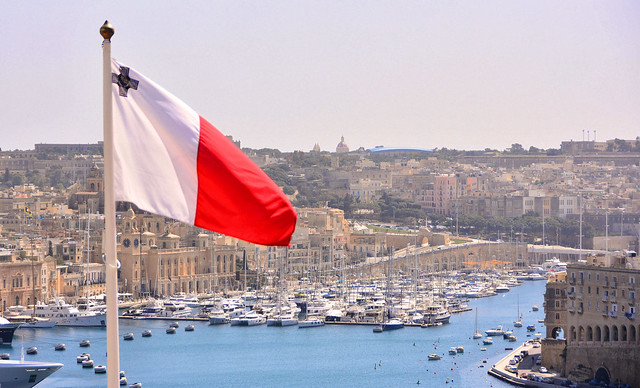
The Maltese complain as a matter of habit. They rank 22nd out of 156 countries in the World Happiness Report and if you lived in Malta, you’d struggle to believe that. Deep down, the Maltese are mostly content – they have a lot going for them after all. But the bonding with the empathic next person that comes from sharing woes is hard to shake out of the Maltese cultural makeup. This might explain why the locals don’t take Maltese complaints very seriously, but get really upset if a foreigner criticizes Malta or anything Maltese.
2. Same patriots will carcade loudly after the general elections and football wins of other countries alike
Carcades take to the streets at the first indication of the result of the general elections, before the official result is even announced! During the World Cup, daily carcades bear various locals waving flags for Italy, England, Brazil, you name it.
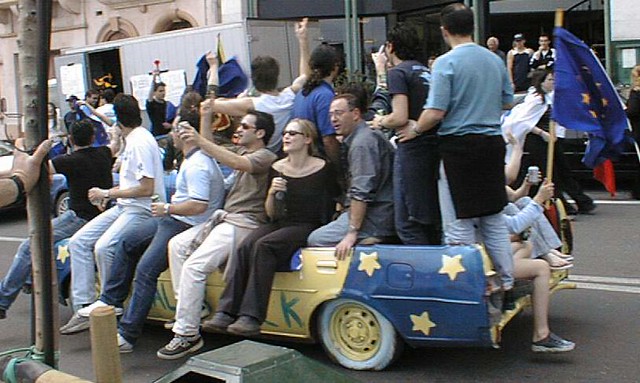
The Maltese are passionate. They are also loyal to a fault, whether it is to the family-inherited political party or to football itself – if Malta’s not competing, we just pick some other nation to support as intensely as if it were our own. Who cares about being a patriot when football and celebrations are at stake? The notion of a modest acceptance of victory is completely foreign to Malta. Why on earth would anyone give up an opportunity to party? Instead, pile into a car covered in flags and drive slowly along Malta streets honking constantly while yelling taunts at the losers hiding indoors. It’s just more fun that way.
3. The village festa is a ‘religious feast’ that is anything but religious
Teens awash with beer halt the brass band and refuse to budge until it plays their favourite tune. Respectable locals are out in their best attire, enjoying the street stalls, village gossip and fireworks. And band club members yell poetic taunts at the members of the rival band club in the village. Holy what?
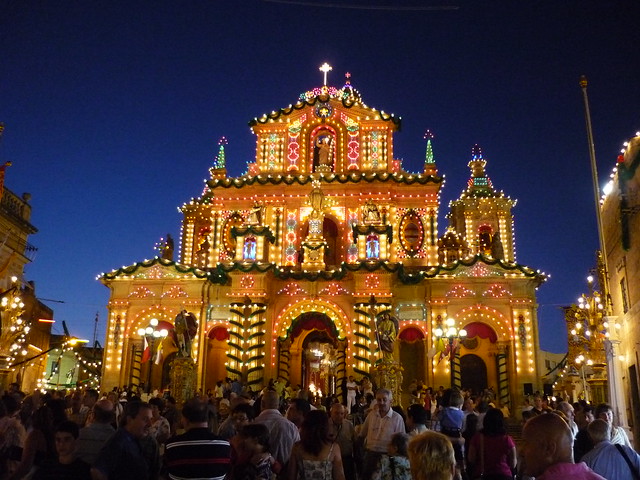
Even the saints go to war during the so-called religious feasts, such as St Dominic and St Lawrence in Birgu or St Sebastian and St George in Qormi. Or their fans, to be precise. The rivalry between two parishes of the same village is even more intense than that with the neighbouring town. Poetry is even written in the name of taunting and upsetting a rival while you flaunt that your festa is ‘the best.’ Fuelled by that desire, festas just keep getting bigger and louder every year. If love and charity prevail in the day-to-day, they are thrown out of the window on the day of the festa in exchange for this rather strange display of devotion. I did say the Maltese are loyal to a fault.
4. True religious fervour reaches astronomical heights during Easter and Christmas
Men in Ku Klux Klan-like outfits drag chains and carry wooden crosses through the streets on Good Friday. On Easter Sunday, devouts run with the statue of the Risen Christ through the same streets. Christmas brings life-sized nativity scenes (presepju), some comprising an entire ‘nativity village’, such as ‘Bethlehem’ in Gozo.
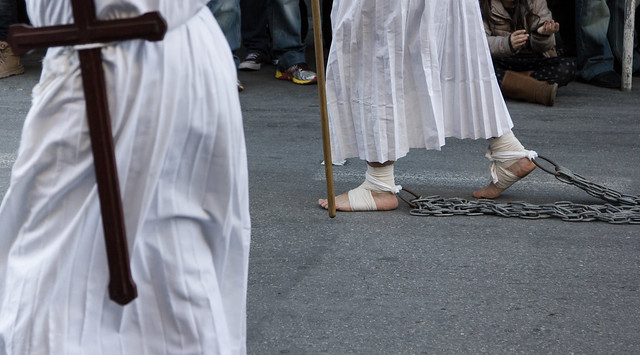
Marry the Maltese passion and love of partying and celebrating with religious faith and you have an extremely colourful practice of the Catholic faith in Malta. Almost every religious feast features the carrying of statues of saints through the village streets, complete with elaborate costumes, banners, flags and accompanying brass band to set the mood to sombre or celebratory, as the case may be. If street processions are not due, the Maltese set to work on creating elaborate displays, perhaps a form of service to the community to please the Lord? Deep down, we know that these flamboyant practices have pagan roots, but they are widely accepted as the passionate expression of Catholicism in Malta.
5. The Maltese put cat food outside their houses for the stray cats
A little bowl of water and another with cat biscuits sit on an edge of every street in Malta. Cat ladies are a thing, where people from all backgrounds volunteer responsibility for a community of street cats on the island.

The Maltese are very charitable people, especially towards cats. There are a lot of cats in Malta, and they are almost all fat and content. Nobody quite knows how so many cats sharing the islands’ streets and gardens came to be considered ordinary; we all just grew up with it that way. And we look after them. They keep the rats and cockroaches away and make the street look pretty.
6. The Maltese also put bottles of water outside their houses to deter dogs
Two litre bottles of water line the boundary wall of a luxury villa at intervals and flank the front doorstep of a townhouse. Please note that, in popular Maltese culture, the pavement in front of a house is considered part of the house. Peeing there is not welcome and the Maltese believe the water bottles keep the dogs away.
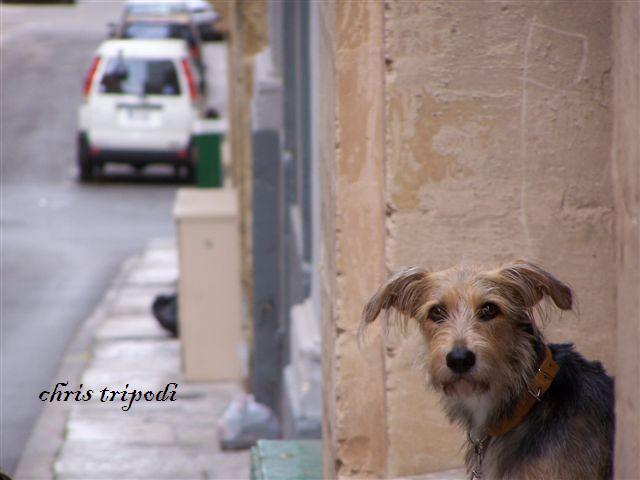
But how do the water bottles keep dogs away? Well, this is a strange one. Nobody really knows. You’ll hear different versions of how it works. It’s the water reflections that deter them. Or dogs won’t pee on water. In any case, strategically placed bottles are supposed to save your walls. Nobody knows if this even works. It’s just one of those things that baffles even Maltese people, but they do it anyway because their granny did.
Don’t you just love how the strange things people do can be regarded so ‘normal’ within a cultural context? Live in Malta and soon, these things become normal to you too.